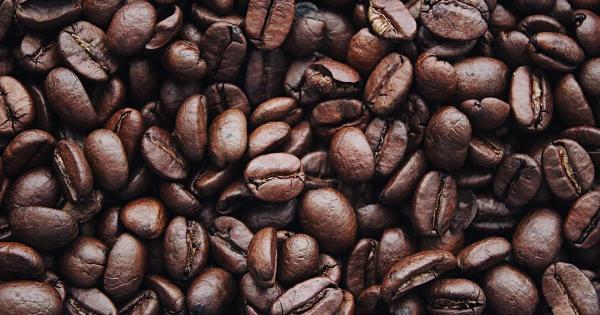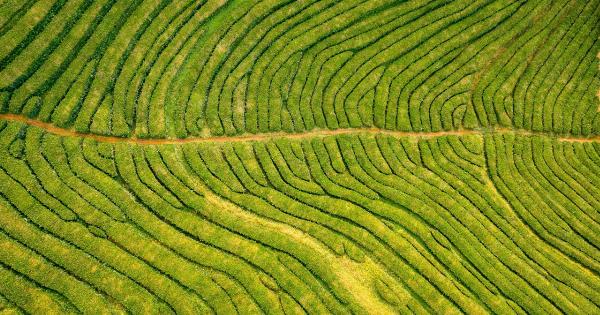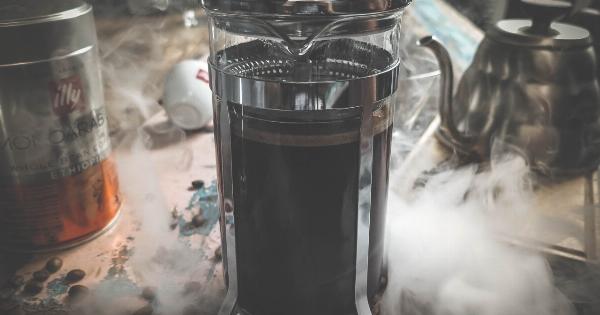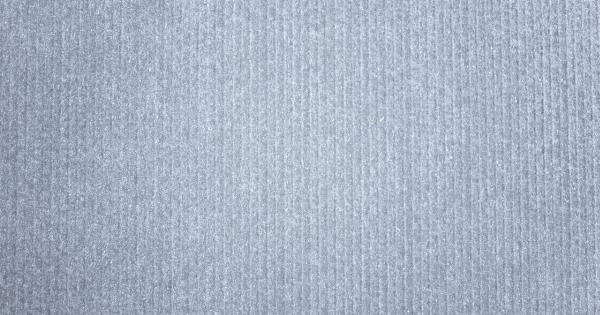Many people rely on a morning cup of coffee to kickstart their day or turn to energy drinks to power through an afternoon slump. Caffeine, found in various foods and beverages, is the world’s most widely consumed psychoactive substance.
While it has its perks, consuming too much caffeine can lead to negative effects on health. So, how much caffeine is safe to drink each day? Let’s explore this question in detail.
Understanding Caffeine
Caffeine is a natural stimulant that belongs to a class of compounds called xanthines. It’s found in the seeds, leaves, and fruits of some plants, acting as a natural pesticide.
Humans have been consuming caffeine for centuries, primarily through sources like coffee, tea, chocolate, and energy drinks.
How Does Caffeine Work?
When you consume caffeine, it stimulates your central nervous system. It blocks the action of adenosine, a neurotransmitter that promotes relaxation and sleep. This leads to increased alertness, improved focus, and enhanced physical performance.
Additionally, caffeine has the ability to constrict blood vessels in the brain, which can provide relief for certain types of headaches.
The Safe Range of Daily Caffeine Intake
The safe amount of caffeine to consume each day varies depending on factors such as age, individual sensitivity, and overall health. However, most experts agree that moderate caffeine intake does not pose significant risks.
The general guideline is to keep your daily caffeine intake below 400 milligrams (mg) for most healthy adults, which is roughly equivalent to four cups of brewed coffee.
Caffeine Content in Common Beverages
Understanding the caffeine content in commonly consumed beverages can help you gauge your intake better. Here are some examples:.
- Coffee: On average, an 8-ounce cup of brewed coffee contains around 95 mg of caffeine.
- Tea: A 6-ounce cup of black tea typically contains about 40-70 mg of caffeine.
- Soda: A 12-ounce can of cola contains approximately 35-45 mg of caffeine.
- Energy Drinks: These can vary widely, but a standard 8-ounce energy drink usually contains between 70-100 mg of caffeine.
Factors Affecting Sensitivity to Caffeine
Individual sensitivity to caffeine can vary greatly. Some people may experience jitters, restlessness, or heart palpitations even with small amounts, while others might tolerate higher doses without adverse effects.
Certain factors influence how your body reacts to caffeine:.
- Genetics: Differences in genetic makeup can affect how quickly your body breaks down caffeine.
- Medications: Certain medications or supplements can interact with caffeine and amplify its effects.
- Tolerance: Regular caffeine consumers may develop tolerance, requiring higher amounts to achieve the same effects.
- Overall Health: Underlying health conditions such as heart problems or anxiety disorders can increase sensitivity to caffeine.
Potential Risks of Excessive Caffeine Intake
While moderate caffeine consumption is generally safe, excessive intake can lead to various health issues such as:.
- Insomnia and sleep disturbances
- Increased heart rate and blood pressure
- Dehydration
- Stomach ulcers and acid reflux
- Anxiety and restlessness
- Headaches and migraines
- Dependency and withdrawal symptoms
- Impaired fertility in women
Individual Considerations for Optimal Caffeine Intake
Although the general recommendation is to stay within the safe range of daily caffeine intake, it’s essential to consider individual circumstances. Here are some situations that may require adjusting your caffeine intake:.
- Pregnancy: Pregnant women are generally advised to limit their caffeine intake to 200 mg per day, as high doses can increase the risk of complications.
- Children and Adolescents: Caffeine can have more potent effects on younger individuals. It’s advisable for children and adolescents to limit their intake or avoid caffeinated beverages altogether.
- Underlying Health Issues: Individuals with certain health conditions like heart problems, anxiety disorders, or acid reflux may need to reduce or eliminate caffeine due to its potential negative impact.
- Quality of Sleep: If you experience sleep disturbances or insomnia, it’s wise to limit or avoid caffeine intake, especially in the afternoon and evening.
Alternatives to Caffeinated Beverages
If you prefer to reduce your caffeine intake or are simply looking for alternatives, there are several options available:.
- Decaffeinated Coffee and Tea: These options provide a similar taste without the caffeine content.
- Herbal Tea: Herbal teas can be a caffeine-free choice and offer a variety of flavors and potential health benefits.
- Naturally Flavored Water: Infusing water with fruits or herbs can provide a refreshing and flavorful alternative.
- Fruit Juices: Natural fruit juices offer a tasty and nutritious substitute for caffeinated beverages.
The Bottom Line
As with many things in life, moderation is key when it comes to caffeine consumption. For most healthy adults, up to 400 mg of caffeine per day is considered safe. However, individual variability and specific circumstances should be taken into account.
Being aware of your caffeine intake and its potential effects on your well-being is crucial for maintaining a balanced and healthy lifestyle.































